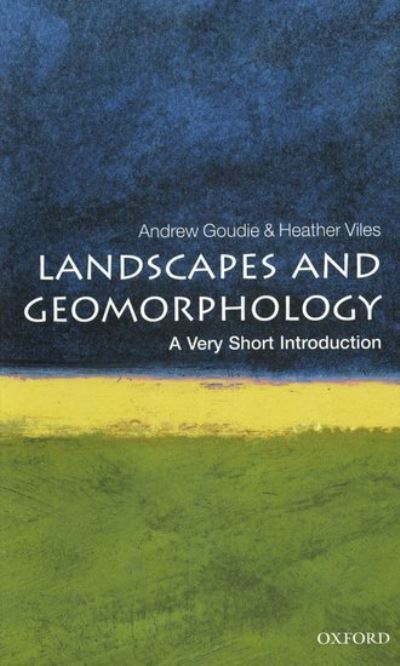
What were the landscapes of the past like? What will landscapes look like in the future? Landscapes are all around us, but most of us know very little about how they have developed, what goes on in them, and how they react to changing climates, tectonics and human activities. Examining what landscape is, and how we use a range of ideas and techniques to study it, Andrew Goudie and Heather Viles demonstrate how geomorphologists have built on classic methods pioneered by some great 19th century scientists to examine our Earth. Using examples from around the world, including New Zealand, the Tibetan Plateau, and the deserts of the Middle East, they examine some of the key controls on landscape today such as tectonics and climate, as well as humans and the living world. They also discuss some key 'landscape detectives' from the past, including Charles Darwin who did some important, but often overlooked, research on landscape. Concluding with the cultural importance of landscape, and exploring how this has led to the conservation of much 'earth heritage', they delve into the future and look at how we can predict the response of landscapes to climate change in the future. ABOUT THE SERIES: The Very Short Introductions series from Oxford University Press contains hundreds of titles in almost every subject area. These pocket-sized books are the perfect way to get ahead in a new subject quickly. Our expert authors combine facts, analysis, perspective, new ideas, and enthusiasm to make interesting and challenging topics highly readable.
| ISBN: | 9780199565573 |
| Publication date: | 26th August 2010 |
| Author: | Andrew Goudie, Heather A Viles |
| Publisher: | Oxford University Press an imprint of OUP OXFORD |
| Format: | Paperback |
| Pagination: | 137 pages |
| Series: | Very Short Introductions |
| Genres: |
Geomorphology and geological surface processes Geography |